Eric Puchner: How to Be Funny When Writing a Novel
lithub.com – Saturday February 22, 2025

Is anything more embarrassing than trying to be funny and going splat? I sometimes think there’s an inverse relationship between trying to be funny and actual funniness. This is especially true in literature, I think. When you think of great comic novels and short stories—True Grit, Mrs. Bridge, On Beauty, anything by Joy Williams—you think, above all, of their effortlessness, how what’s funny about them is inextricable with their, well, novel-ness. They can’t fail to be funny, because they hardly seem to be trying to. They don’t strain after jokes so much as evoke the inherent funniness of life.
The philosopher Henri Bergson talks about “mechanical inelasticity”: something is funny when a person—or, I suppose, an animal—fails to adapt to a change in their surroundings. Think of the unsuspecting fellow who tries to sit down on a chair that’s been pulled out from under him. We expect someone to act a certain way, one that conforms elastically to the situation they’re in, and it’s funny when they don’t. As Simon Critchley puts it, in his book On Humor: there’s a disconnect between “expectation and actuality.”
This isn’t just a nifty, somewhat incontrovertible theory of humor. It’s a nifty, somewhat incontrovertible theory of what makes a novel or short story work. One might even say that a disconnect between expectation and actuality is the essential element of fiction. A young man wakes up as a beetle and yet worries more than anything about getting to work on time (“The Metamorphosis”); a wealthy couple insist on finishing their dinner at a country club, despite the fact that a tornado’s approaching and everyone else has fled to the basement (Mrs. Bridge). When my students complain about writer’s block, that they have no idea what to write about, I often encourage them to think of something funny that’s happened to them: not because I want their readers to laugh out loud—though there are far worse things a reader might do!—but because something that meets the criteria for funniness also meets the criteria for engaging fiction. The sound of laughter is the sound of a story succeeding.
To read the full article on lithub.com, click here




 How I got a literary agent - An interview with author, Eric Houghton
How I got a literary agent - An interview with author, Eric Houghton Tom Ellen and Lucy Ivison on writing for teens
Tom Ellen and Lucy Ivison on writing for teens One Neat Trick to Writing Great Mystery Plots
One Neat Trick to Writing Great Mystery Plots Want to Strike a Funny Bone?
Want to Strike a Funny Bone?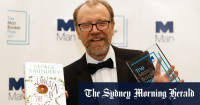 What I picked up when I joined George Saunders’ writing class
What I picked up when I joined George Saunders’ writing class So You Want to Start Reading (or Writing) Fanfic
So You Want to Start Reading (or Writing) Fanfic What we learned about... non-fiction writing
What we learned about... non-fiction writing How Mindfulness Can Transform Your Writing Life
How Mindfulness Can Transform Your Writing Life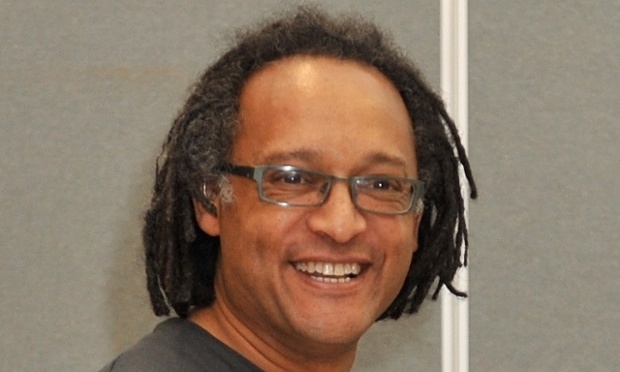 Pete Kalu’s top tips for writing non-cliched multicultural characters
Pete Kalu’s top tips for writing non-cliched multicultural characters What I learned from writing over 800,000 words in two years
What I learned from writing over 800,000 words in two years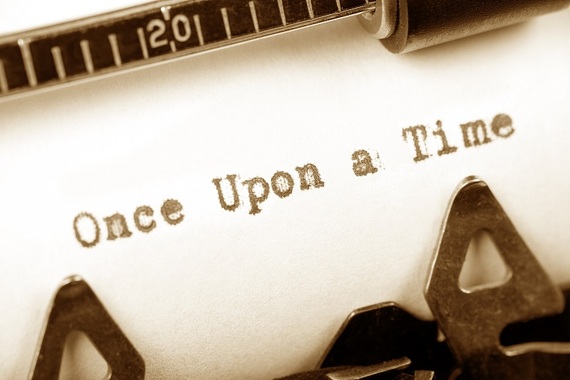 What Has Surprised You About The Writing Life? Intriguing Answers From Acclaimed Authors
What Has Surprised You About The Writing Life? Intriguing Answers From Acclaimed Authors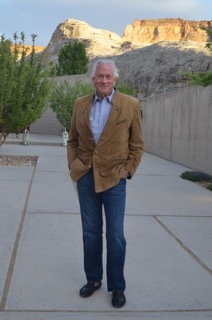 What Writing His First Novel Taught Author Ted Bell About Writing His Ninth Novel
What Writing His First Novel Taught Author Ted Bell About Writing His Ninth Novel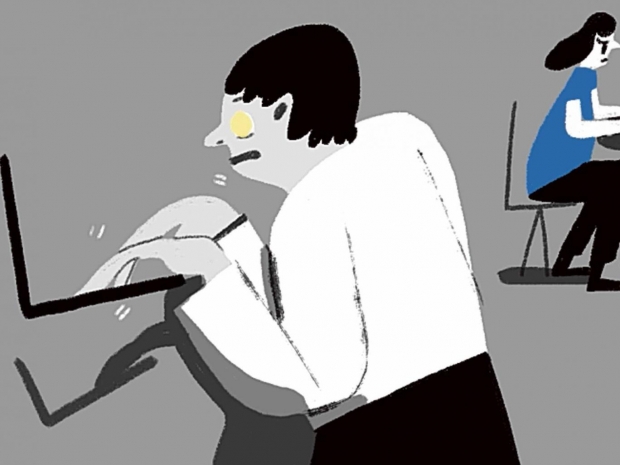 Writing books is not a sane way to make a living
Writing books is not a sane way to make a living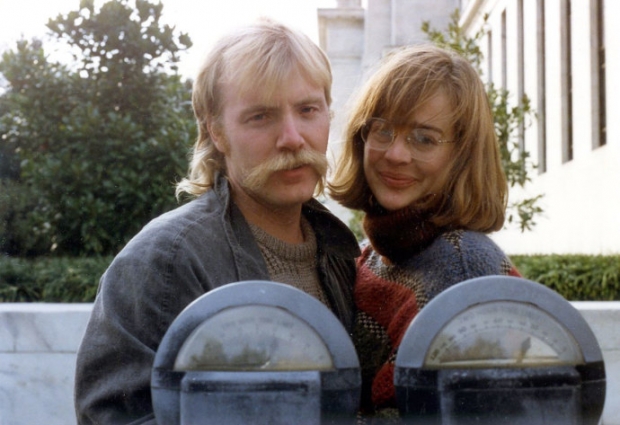 My Writing Education: A Time Line
My Writing Education: A Time Line Award-Winning Novelist Cecilia Galante Shares The Realities Of Writing As A Profession
Award-Winning Novelist Cecilia Galante Shares The Realities Of Writing As A Profession 5 Truths to Contemplate Before You Start Writing Your Book
5 Truths to Contemplate Before You Start Writing Your Book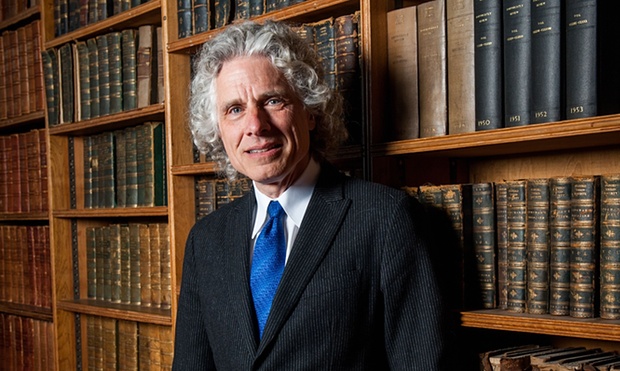 Steven Pinker: 'Many of the alleged rules of writing are actually superstitions'
Steven Pinker: 'Many of the alleged rules of writing are actually superstitions' New Literary Agent Listing: Danielle Marshall
New Literary Agent Listing: Danielle Marshall New Literary Agent Listing: James Gill
New Literary Agent Listing: James Gill Straight white author's career finally takes off after he tells woke publishers he's gender queer Nigerian
Straight white author's career finally takes off after he tells woke publishers he's gender queer Nigerian New Publisher Listing: Crowdbound
New Publisher Listing: Crowdbound New Literary Agent Listing: Lauren Liebow
New Literary Agent Listing: Lauren Liebow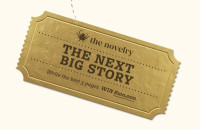 The Novelry Offers $100,000 Prize to Break Publishing Barriers
The Novelry Offers $100,000 Prize to Break Publishing Barriers The Sunday Post short story writing competition is back for 2025
The Sunday Post short story writing competition is back for 2025 Bestsellers LLC Unveils Data-Driven Publishing Model to Transform Authors into Industry Dominators
Bestsellers LLC Unveils Data-Driven Publishing Model to Transform Authors into Industry Dominators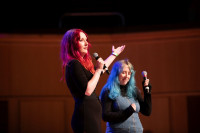 404 Ink publishing house to close
404 Ink publishing house to close Agents Help YA Authors Find Crossover Success
Agents Help YA Authors Find Crossover Success Submission Grinder Delists Analog
Submission Grinder Delists Analog New Magazine Listing: Blackbox Manifold
New Magazine Listing: Blackbox Manifold New Literary Agent Listing: Ciara McEllin
New Literary Agent Listing: Ciara McEllin New Publisher Listing: Red Planet Books
New Publisher Listing: Red Planet Books New Literary Agency Listing: Betancourt Literary
New Literary Agency Listing: Betancourt Literary
